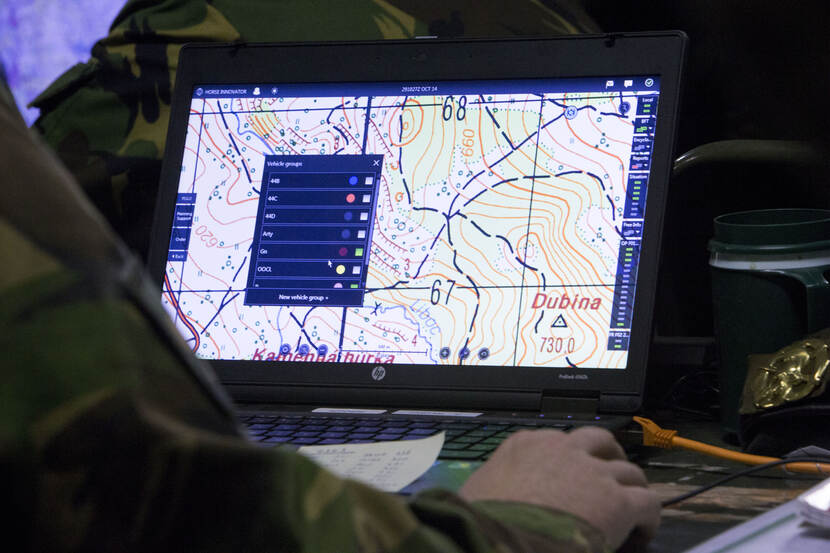United Nations adopts Dutch AI resolution
The Netherlands wants better global agreements on the military use of artificial intelligence (AI). That is why we, together with South Korea, submitted the very first resolution on this topic to the United Nations (UN). This resolution was adopted on 6 November 2024. You can read below why that is important.
AI in the military domain
Around the world, armed forces are investing in AI technology, in order to make decisions more quickly, predict behaviour or to distinguish between friend and foe. But the military use of AI also brings with it great dangers and dilemmas, such as:
- Who is responsible when AI makes a mistake?
- Can AI be trusted with life-and-death decisions?
- How can we prevent AI from causing a new arms race?
AI is developing rapidly. This makes it increasingly important to make agreements to ensure that countries use this technology in a responsible manner, especially in the military domain. The purpose of the newly adopted UN resolution is to ensure that this issue is discussed more often and in greater detail, with all the countries in the world.
International agreements on the responsible use of AI
AI technology is important for a strong and future-proof military, but there are also major risks associated with it. The resolution put forward by the Netherlands and South Korea discusses both the risks and opportunities that countries see, and so the resolution lays the foundation for international norms that countries must follow. That is especially important in light of all the conflicts in the world – where AI is already in regular use.
It is not only the Netherlands that sees the importance of such agreements. Previously, the United States and China submitted resolutions on the use of AI in the civil (non-military) domain.
A result of REAIM
In 2023 and 2024 the Netherlands and South Korea held an international conference on the responsible development, application and use of AI in the military domain: REAIM. The new resolution is the result of a joint call to action that government representatives issued at REAIM 2023 in the Netherlands.
